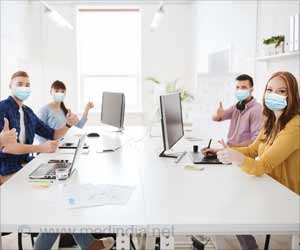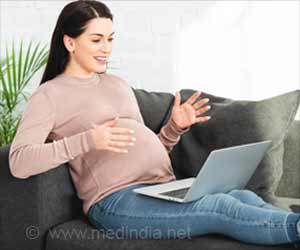Patients with severe COVID-19 (SARS-CoV-2) hospitalized on ventilators found that lying face down was better for the lungs.

‘Prone positioning (facing downward) ventilation improves breathing in severe COVID-19 patients.
’
Read More..




A majority of patients admitted to the ICU with confirmed COVID-19 developed ARDS.Read More..
The observational study took place during a six-day period the week of Feb. 18, 2020.
"This study is the first description of the behavior of the lungs in patients with severe COVID-19 requiring mechanical ventilation and receiving positive pressure," said Dr. Qiu, professor, Department of Critical Care Medicine, Zhangda Hospital, School of Medicine, Southeast University, Nanjing, China. "It indicates that some patients do not respond well to high positive pressure and respond better to prone positioning in bed (facing downward)."
The clinicians in Wuhan used an index, the Recruitment-to-Inflation ratio, that measures the response of lungs to pressure (lung recruitability). Members of the research team, Lu Chen, Ph.D., and Laurent Brochard, Ph.D., HDR, from the University of Toronto, developed this index prior to this study.
The researchers assessed the effect of body positioning. Prone positioning was performed for 24-hour periods in which patients had persistently low levels of blood oxygenation. Oxygen flow, lung volume, and airway pressure were measured by devices on patients' ventilators. Other measurements were taken, including the aeration of their airway passages and calculations were done to measure recruitability.
Advertisement
Patients who did not receive prone positioning had poor lung recruitability, while alternating supine (face upward) and prone positioning was associated with increased lung recruitability.
Considering this can be done, it is important for the management of patients with severe COVID-19 requiring mechanical ventilation." The team consisted of scientists and clinicians affiliated with four Chinese and two Canadian hospitals, medical schools, and universities.
Source-Eurekalert












